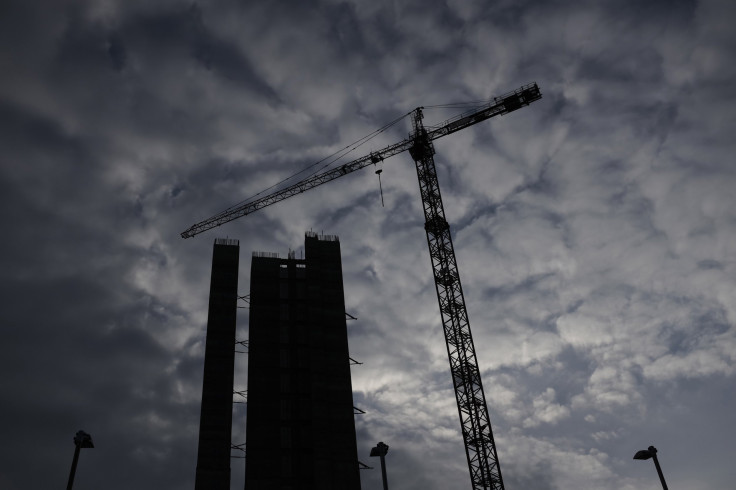UK Construction PMI Falls To Lowest Since July 2013: Markit/CIPS

(Reuters) - Britain's construction sector grew at its slowest rate since July 2013 last month, industry data showed on Monday, though house building remained robust, with residential construction enjoying its strongest year since at least 1997.
The Markit/CIPS construction purchasing managers' index fell to 57.6 in December from 59.4 in November, still comfortably above its long-run average but well below economists' forecasts of a slight decline to 59.0.
Readings above 50 denote growth.
The weakest sector was civil engineering, which reported an outright fall in output for the first time since May 2013, while the rapid rate of growth in house-building eased slightly to its lowest since June 2013.
Britain's housing market has cooled since the middle of the year, with mortgage approvals falling to their lowest in more than a year and house price growth slowing.
But Markit said 2014 still marked the best year for British house building since it started collecting records in 1997, news likely to cheer the government which has made boosting this a priority in the run-up to May's national election.
"While new business growth moderated to its lowest for a year-and-a-half in December, UK construction firms are still highly upbeat about their prospects for output growth in 2015," said Tim Moore, senior economist at Markit.
The survey also showed signs that wages might be starting to rise in the sector, with rates paid to subcontractors growing almost as rapidly as November's record-high pace.
Economists are forecasting that after several years of falling real wages, 2015 might bring the first widespread increase in pay since the 2008/09 financial crisis.
Construction makes up 6 percent of Britain's economy. A similar survey of the manufacturing sector published by Markit on Friday also showed slower growth.
© Copyright IBTimes 2024. All rights reserved.











